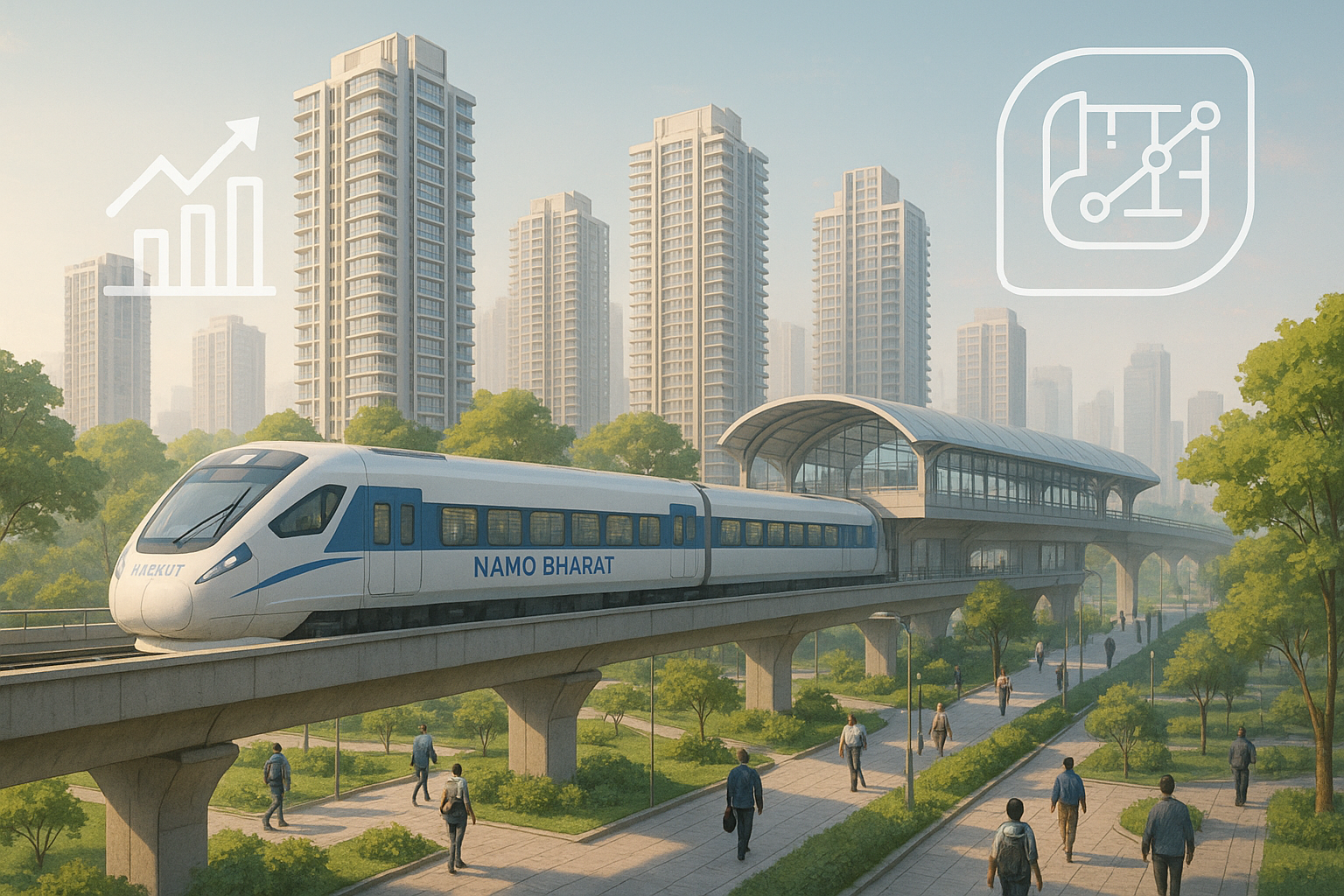Karnataka to Enforce Greater Bengaluru Governance Act Starting May 15
If you’ve been keeping an eye on the happenings in Bengaluru, here’s something big on the horizon. The Karnataka government is all set to roll out the Greater Bengaluru Governance Act (GBGA) starting May 15, 2024. But what does that mean for the city, its residents, and the way it’s managed? Let’s take a walk through what this major change is all about and how it could reshape India’s tech hub.
What Is the Greater Bengaluru Governance Act?
First things first—what even is the GBGA?
Think of it like this: Bengaluru is growing fast, and with that growth comes a fair share of problems—traffic woes, garbage troubles, water supply issues, and so on. Managing such a large, dynamic city under a single system can be tricky. That’s where the Greater Bengaluru Governance Act of 2020 comes in.
This Act is basically a roadmap to make governing the Brihat Bengaluru Mahanagara Palike (BBMP)—the city’s main civic body—smarter and more efficient. It proposes major structural changes meant to improve service delivery, increase transparency, and ultimately, make life easier for Bengaluru’s citizens.
Why Now?
While the Act was passed back in 2020, it hadn’t been enforced—until now. According to Karnataka’s Urban Development Minister B S Suresha, the official implementation date is locked in: May 15, 2024.
Why the delay? Like many government reforms, it took time to fine-tune the mechanism, gather feedback, and coordinate with different departments. Now, with many of those hurdles out of the way, the green light has been given.
What Changes Will the Act Bring?
Let’s break it down simply. Here are the four major changes you’ll notice under the new system:
- Restructuring BBMP: Bengaluru will now be divided into multiple smaller zones to make management easier. Think of it like slicing a cake—you can serve it better when the pieces are smaller.
- Ward Committees with Real Power: The current ward committees have often been criticized for being all show and no substance. That’s changing! They’ll now have more authority, allowing for decisions closer to the ground level.
- City-Level Planning Committee: A brand-new committee will be formed to make sure the city develops in a more integrated, planned way.
- Transparency and Accountability: With better tracking tools and defined responsibilities, citizens will be able to see who’s doing what—and more importantly, whether they’re doing it right.
How Will This Affect You?
If you’re living in Bengaluru or planning to move there, this development could have a big impact on your daily life. No more chasing down multiple offices for basic civic issues. Ideally, your complaints—whether about potholes, garbage pickup, or water supply—should be resolved faster and more efficiently.
With better coordination between departments and more power to local ward offices, even small issues that were previously ignored could get the attention they deserve.
Imagine This:
You report a garbage problem near your home using BBMP’s app. Under the current system, your complaint might get bounced around. But under the new Act, your local ward officer—who now carries more authority—can take direct action. And you’ll be able to trace exactly what happens and when. Isn’t that how governance should work?
Will There Be Any Challenges?
Of course, no big system change is without its growing pains. Implementing a city-wide governance revamp isn’t as simple as flipping a switch.
Here are some potential speed bumps:
- Coordination between departments will need serious attention. With new teams and authorities in place, everyone must be on the same page.
- Training and capacity-building are crucial. Ward committee members, officers, and support staff must understand their new roles clearly.
- Public awareness will make or break parts of this reform. People need to know how to use the new systems, where to go, and whom to contact.
Have you ever tried getting something done at a municipal office only to be told to “come back tomorrow”? Hopefully, with proper implementation, those days will gradually fade out!
Why This Matters Beyond Bengaluru
Here’s something to think about—Bengaluru is often seen as a testing ground for larger urban reforms in India. If this governance model succeeds, it could become an inspiration for other sprawling Indian cities like Mumbai, Delhi, or Hyderabad.
With urban populations growing rapidly, cities need smarter, people-first governance. That’s what the GBGA aims to achieve.
What You Can Do as a Citizen
Reforms work best when the people they’re meant to serve are actively involved. Here’s how you can pitch in:
- Attend your ward committee meetings. These meetings will play a bigger role now, and your voice matters.
- Use digital tools provided by BBMP. More transparency means better citizen tracking. Whether it’s an app or a portal, use it.
- Stay informed. The government may release updates, rule changes, or opportunities for public feedback—don’t miss those.
Remember, good governance isn’t just about systems. It’s also about involvement. When citizens participate, the system is pushed to stay honest and effective.
Final Thoughts—A Step Towards Smarter Cities
The enforcement of the Greater Bengaluru Governance Act marks a bold step in local governance reform. It says one thing loud and clear: Bengaluru is ready to upgrade.
From reshaping the way BBMP functions to empowering ward-level decision-making, the changes are aimed at building a more responsive and efficient city government. It won’t happen overnight, but it’s a promising move.
So, whether you’re a techie living in Indiranagar, a small business owner in Yeshwanthpur, or a student renting in Koramangala—this Act is about you and your city. Stay informed, get involved, and watch how Bengaluru transforms itself one ward at a time.
Keywords to Watch
For those interested in learning more or staying ahead in online searches, keep an eye on these trending terms:
- Greater Bengaluru Governance Act
- BBMP restructuring
- Bengaluru ward committees
- Bengaluru civic reforms 2024
- Karnataka urban governance
Change is coming to Bengaluru. The big question is—are we ready to embrace it?













